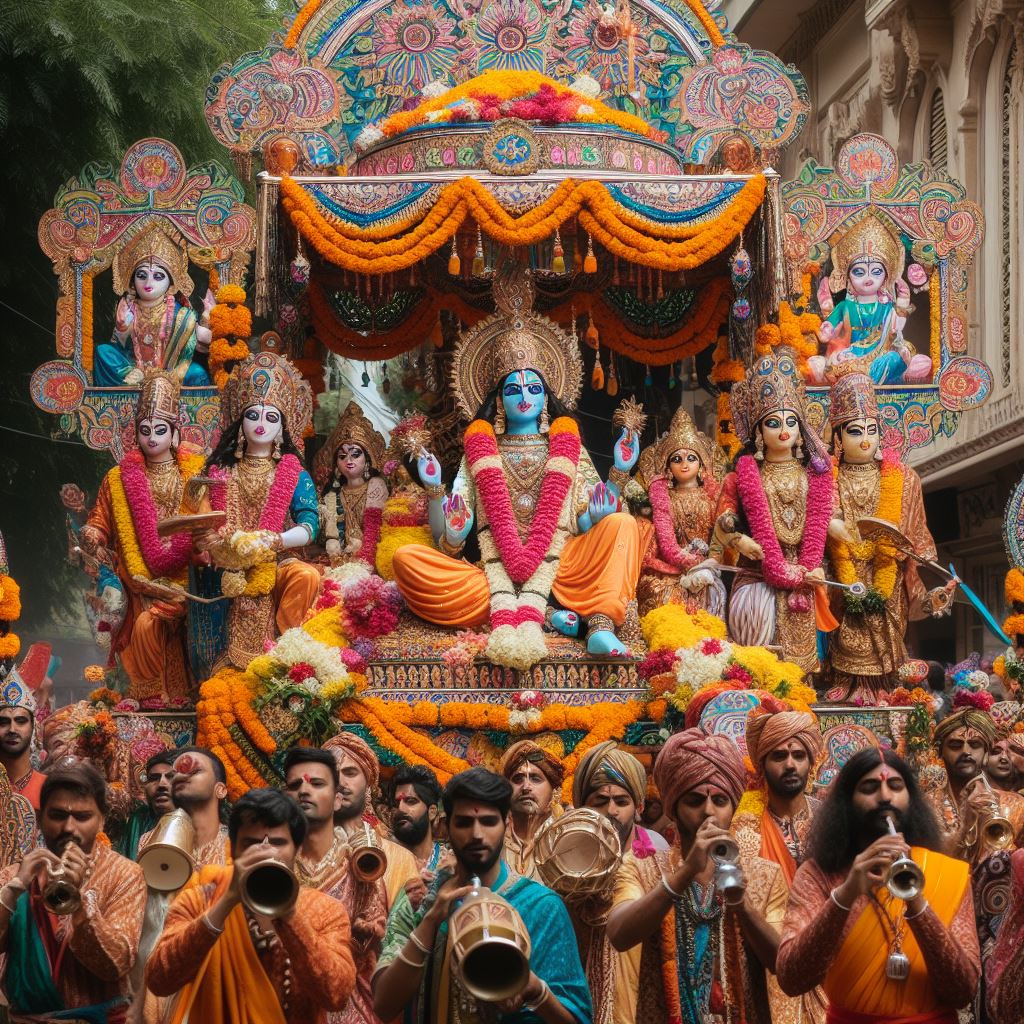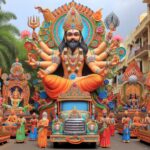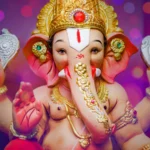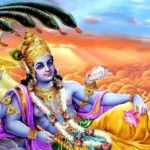Introduction:
Bhishma Ashtami is a significant observance in Hinduism that pays tribute to Bhishma Pitamah, one of the central characters in the epic Mahabharata. This solemn day falls on the eighth day (Ashtami) of the bright fortnight (Shukla Paksha) in the Hindu month of Magha. Bhishma Pitamah, a revered figure known for his unyielding devotion, wisdom, and sacrifice, played a pivotal role in the Mahabharata. In this article, we will delve into the cultural, religious, and spiritual dimensions of Bhishma Ashtami, exploring the life and legacy of Bhishma Pitamah.
The Life of Bhishma Pitamah:
Bhishma Pitamah, originally named Devavrata, was born to King Shantanu and Queen Ganga. His birth is intertwined with a powerful vow made by his father, which significantly influenced the course of his life. King Shantanu, smitten by the celestial beauty Ganga, expressed his desire to marry her. However, Ganga laid down a condition that Shantanu should never question her actions, irrespective of what she did.
Devavrata, witnessing his father’s anguish over Ganga’s actions, learned of the condition and, out of filial devotion, took a solemn vow of lifelong celibacy (Bhishma Pratigya) to ensure his father’s happiness. This act of unparalleled sacrifice and determination earned him the name “Bhishma,” meaning one who took a formidable oath.
Throughout the Mahabharata, Bhishma Pitamah exemplifies unwavering loyalty, unselfish sacrifice, and adherence to dharma (righteousness). He served as the patriarch of the Kuru dynasty and played a crucial role in the upbringing of the Kauravas and Pandavas. Despite being a formidable warrior, Bhishma chose to remain celibate and devoted his life to the welfare of the kingdom.
The Battle of Kurukshetra and Bhishma’s Vow:
One of the most pivotal moments in Bhishma Pitamah’s life occurred during the great Kurukshetra War, the central conflict of the Mahabharata. Bhishma was obligated to fight on the side of the Kauravas due to his allegiance to the throne, despite his personal affection for the Pandavas.
On the tenth day of the war, Bhishma unleashed his divine prowess, causing immense destruction on the battlefield. Witnessing the carnage, Arjuna and the other Pandavas were filled with grief and despair. Understanding the need to curb Bhishma’s devastating onslaught, Lord Krishna devised a plan.
Arjuna, guided by Lord Krishna, approached Bhishma, who was lying on a bed of arrows, and expressed his anguish at the loss of life. In response, Bhishma imparted profound wisdom on dharma, duty, and the complexities of life. Realizing the futility of continuing the war, Bhishma made a significant vow known as the Bhishma Nirvana Shatakam, stating that he would choose the moment of his death.
Bhishma Pitamah’s vow allowed the Pandavas to overcome his invincible presence on the battlefield, ultimately leading to his fall on the tenth day of the war. The self-imposed vow exemplified Bhishma’s commitment to righteousness and showcased his unique role as a bridge between generations.
Bhishma Ashtami Observances:
Bhishma Ashtami is observed with reverence and devotion by those who admire the virtues of Bhishma Pitamah. The day holds cultural, religious, and spiritual significance, and devotees engage in various observances to honor his memory:
- Fasting (Bhishma Ekadashi Vrat): Devotees often observe a day-long fast on Bhishma Ashtami, known as Bhishma Ekadashi Vrat. Fasting is viewed as a form of self-discipline and a means of purifying the mind and body.
- Vishnu Sahasranama Recitation: Many devotees recite the Vishnu Sahasranama, a sacred hymn comprising a thousand names of Lord Vishnu, on Bhishma Ashtami. It is believed that Bhishma Pitamah imparted this hymn to Yudhishthira during the war.
- Bhishma Ashtami Puja: Temples and homes conduct special pujas dedicated to Bhishma Pitamah on this day. The rituals involve the offering of flowers, incense, and other symbolic items, expressing gratitude for his exemplary life and teachings.
- Charity and Acts of Kindness: Devotees engage in acts of charity and kindness as a way of honoring Bhishma Pitamah’s selfless character. Donating to the needy and performing good deeds reflect the spirit of dharma and compassion.
- Reading Mahabharata: Some devotees choose to read or listen to excerpts from the Mahabharata, particularly those sections that narrate Bhishma Pitamah’s life, his teachings on the battlefield, and the events leading to his divine departure.
- Self-reflection and Dharma Contemplation: Bhishma Ashtami is an opportune time for self-reflection and contemplation on the principles of dharma. Devotees reflect on Bhishma Pitamah’s unwavering commitment to righteousness and seek inspiration to align their lives with ethical values.
The Legacy of Bhishma Pitamah:
Bhishma Pitamah’s legacy extends beyond his role in the Mahabharata, leaving a lasting impact on Hindu philosophy and ethics. His teachings on dharma, righteousness, and the pursuit of knowledge continue to inspire generations. Here are some aspects of Bhishma Pitamah’s legacy:
- Commitment to Dharma: Bhishma Pitamah’s life epitomizes the commitment to dharma, even in the face of personal sacrifice. His unwavering adherence to righteousness, as seen in his vow of lifelong celibacy and his conduct on the battlefield, serves as a timeless example.
- Wisdom and Virtue: Bhishma Pitamah’s teachings on the battlefield, known as the Bhishma Parva, encompass profound wisdom and ethical principles. His discourse with Yudhishthira on dharma, karma, and the complexities of life provides invaluable insights into virtuous living.
- Selflessness and Sacrifice: Bhishma Pitamah’s self-imposed vow during the Kurukshetra War exemplifies the spirit of selflessness and sacrifice. His decision to choose the moment of his death showcases a higher understanding of divine will and cosmic order.






